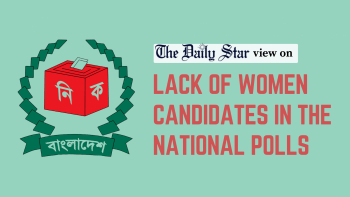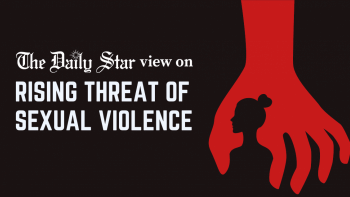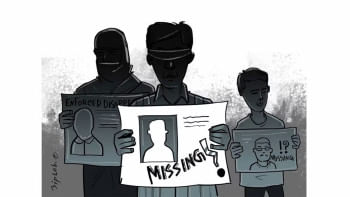Clamp down on online misogyny against female leaders

In a country that has been governed only by women for the last 33 years (barring two years of state of emergency), it is distressing to see how misogyny is still the weapon of choice to dissuade, intimidate and harass women seeking leadership roles. A recent study on Facebook content posted around the time of the 12th national election of Bangladesh reveals a disturbing picture: widespread use of gendered disinformation to attack female leaders (on both sides of the political aisle) as well as journalists and analysts. This is another proof that online violence against women continues unabated amid feeble government attempts to regulate cybercrimes.
As part of an investigation into technology-facilitated gender-based violence (TFGBV), the research analysed nearly 25,000 pieces of Facebook content—collected between December 1, 2022 and January 15, 2024—to see how gendered disinformation was used during the election. Among them, more than 1,400 posts contained gendered attacks, a staggering 70 percent of which were of sexual nature. Incorrect and made-up content, deep-fake content, doxxing, hate speech, violent threats, and unwanted explicit content were some of the prevalent forms of TFGBV that were used.
The number of female BNP politicians who were subjected to such violence compared to their Awami League counterparts is tenfold, according to a report based on the study conducted by international research body Tech Global Institute. Among the high-profile victims were BNP's Khaleda Zia, Shama Obaid and Rumeen Farhana, as well as Awami League's Sheikh Hasina and Momtaz Begum.
What does it say about a country that boasts of facilitating women's empowerment? In recent elections, women's participation in politics has been on a downward trend. In the last national election, less than five percent of candidates were women. The political landscape has generally been unfavourable for women due to the age-old bias that politics is the realm of men. So, when women defy social norms to participate in civil and political activities, gendered intimidation tactics are readily used to dissuade them. We have seen in recent years how rape has been used as a tool of political intimidation against both women candidates and voters.
This state of affairs is absolutely unacceptable. We need to bring in more women in policy- and decision-making roles, and gendered attacks and disinformation, especially on social media, will only act as a deterrent. The government claims to be working on installing various mechanisms to monitor and regulate the cyberspace to curb cybercrimes, including circulating disinformation. But we need results, not reassurances. Therefore, it must rethink its work plan and undertake strict measures against TFGBV. That should be one of the top priorities in Smart Bangladesh.


 For all latest news, follow The Daily Star's Google News channel.
For all latest news, follow The Daily Star's Google News channel. 










Comments